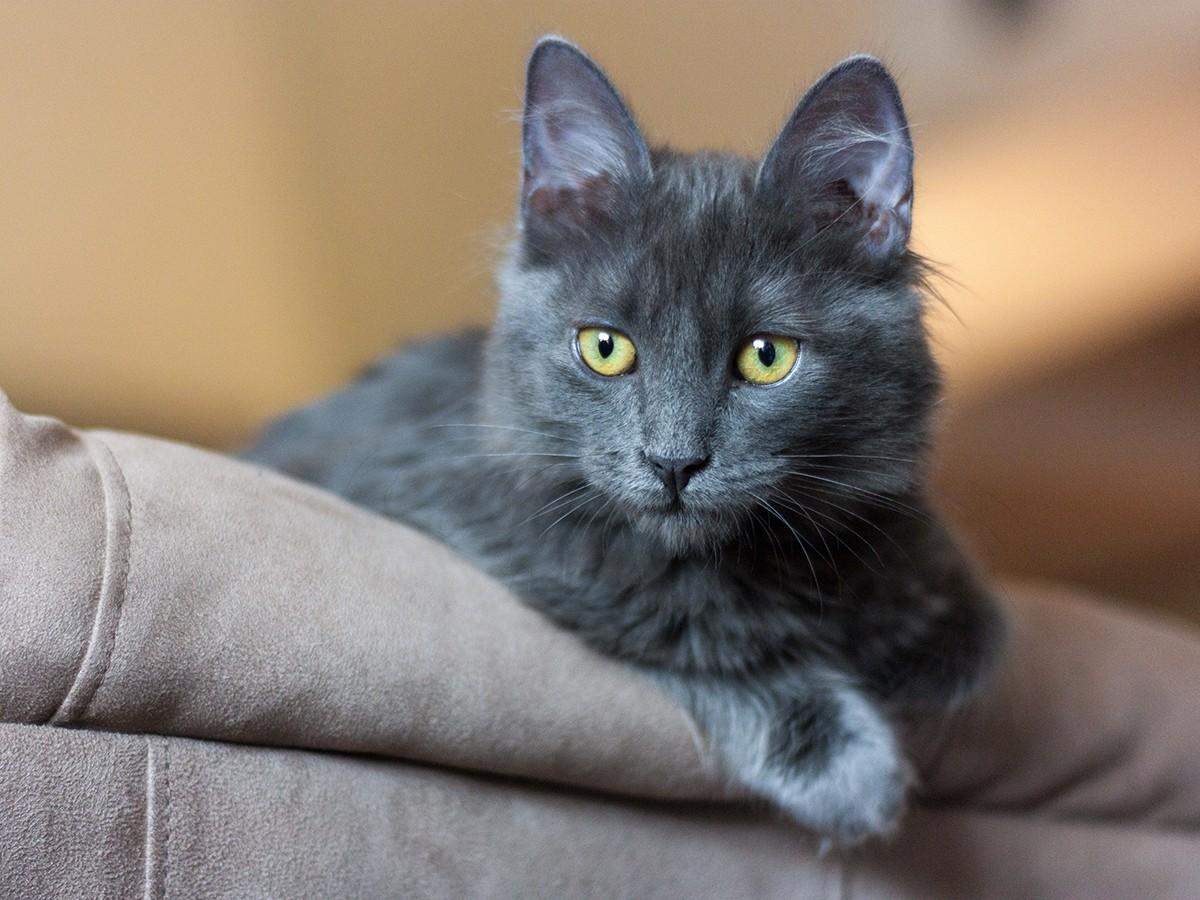Well, either you’ve already got a baby kitten home or you’re about to get one. Either way, you’re on the right track as we see you trying to get as much information as possible on how to welcome the kitten home and make it best for both the kitten and the family.
Cats are known for their cleanliness. They are often seen spending a significant portion of their day grooming themselves. This meticulous self-care isn't just about vanity – it's essential for their health and well-being. With their rough tongues and agile bodies, cats groom themselves to remove dirt, parasites, and excess hair from their fur.
Not just cats, even lions and leopards are excellent at waste management. They dig shallow holes to bury their feces and urine and then use their hind legs to cover it with dirt, leaves or grass. But did you know that cats in the wild also use their litter to engage in scent-marking to communicate with other members of their species? They rub their scent glands against trees, rocks, or other objects, leaving behind chemical signals that convey information about their identity, reproductive status, and territory boundaries.
Okay coming back to litter training. Here are the simple steps to follow –
Show the litter box to the kitten as soon as you get it home. And then place them in the box immediately after meals and after waking up from a nap. These are the 2 times when they are most likely to defecate or urinate.
Look for other signs like sniffing a particular area, circling, scratching the ground or crouching. These can be indications that your kitty needs to answer nature’s call.
Kitten Not Using a Litter Box? Find Out Why
If you see your kitty defecating or urinating on the floor after doing all the above things, there could be several reasons for it.
Accessibility – Either the litter box is kept in an inaccessible area or one where there is a lot of foot traffic. Both reasons can stop the kitty from using the box.
Cleanliness – Cats are clean creatures, and they love clean areas. If the box hasn’t been cleaned since the last time, your cat will most probably reject it. And if you have multiple cats at home, another cat could be using the box. Make sure you scoop it for the new kitten.
New litter – Multiple litters are available, ranging from clay to tofu to paper to silica to corn and more. In case you’ve recently changed the type of litter, the kitten may find it uncomfortable at first.
Stress – If the kitty is experiencing any stress, it will stop it from using the litter box. You could try pheromone diffusers and sprays to help reduce stress and anxiety.
Medical problem – Urinary tract infection, kidney or thyroid diseases or even diabetes can sometimes be the reason your kitten is refusing to use the litter box.
What is the Fastest Way to Litter Train a Kitten?
The fastest way to litter train a kitten is to introduce the litter box immediately once the kitten is home. Among all the options available for litter, a fine granule like a clumping, scoopable litter will be accepted by your kitty.
Also, remember to be patient and positive. While most kitties may not take much time to learn, accidents are bound to happen. Do not punish or scold your kitty. Clean the mess with a cleaner and continue to reinforce the training.
Does a Clicker Work to Litter Train Kittens?
There is a chance that your kitty may take more than a couple of weeks to learn. But sooner or later, it will learn with your patience and love. To fasten the process though, you could use clicker training. Just like for dogs, you could use a clicker every time the kitty behaves well and follows your orders. Clicking followed by a treat every time your cat uses the litter box can be a good tool to fasten the litter training for kittens.
More About Spot Pet Insurance
Even after your kitty has learned where to litter, there is a chance that sometimes it won’t use the litter box. This could be a sign of an underlying medical condition as well among other things. Kidney problems, thyroid diseases, diabetes, etc. are some of the common medical conditions that can cause inappropriate urinating and defecating in cats.
With an accident and illness plan from Spot Pet Insurance, you can take your kitten to any licensed vet in Canada or the U.S. Spot plans have no networks, so veterinary services used to diagnose, treat, or manage a covered condition can be eligible for reimbursement. Spot’s accident and illness plans can help cover a large variety of conditions. Examples include bite wounds, poison ingestion, behavioral conditions, cancer, intestinal parasites and more. For an additional fee, Wellness Riders can be added to accident and illness plans to help cover the eligible costs of preventive care services including vaccines, wellness exams, dental cleanings, and more.
Learn more about kitten insurance or get a free quote!
Related Readings

Creative manager by day, pet enthusiast all the time! After 19 years with my dog (hopefully he wins the award for oldest pet in the world), I enjoy spending my days brainstorming tail-wagging content, and sniffing out the latest trends in the pet world.
Clicker training Cats - tips and advice. (2021, March 4). Petplan. https://www.petplan.co.uk/pet-information/cat/advice/clicker-training-cats/
Catsan. (2022, October 31). How to litter-train a kitten: Our quick and easy guide. Catsan. https://www.catsan.co.uk/cat-litter-tips-and-advice/how-to-litter-train-a-kitten-our-quick-and-easy-guide
Reed, B. (2023, May 17). What to do when your new kitten isn’t using the litter box. Pawp. https://pawp.com/new-kitten-not-using-litter-box/












